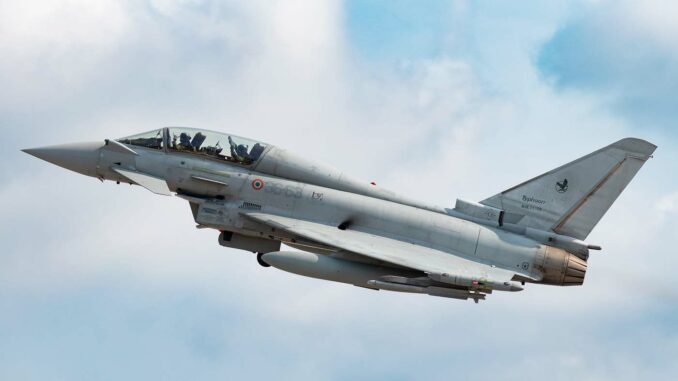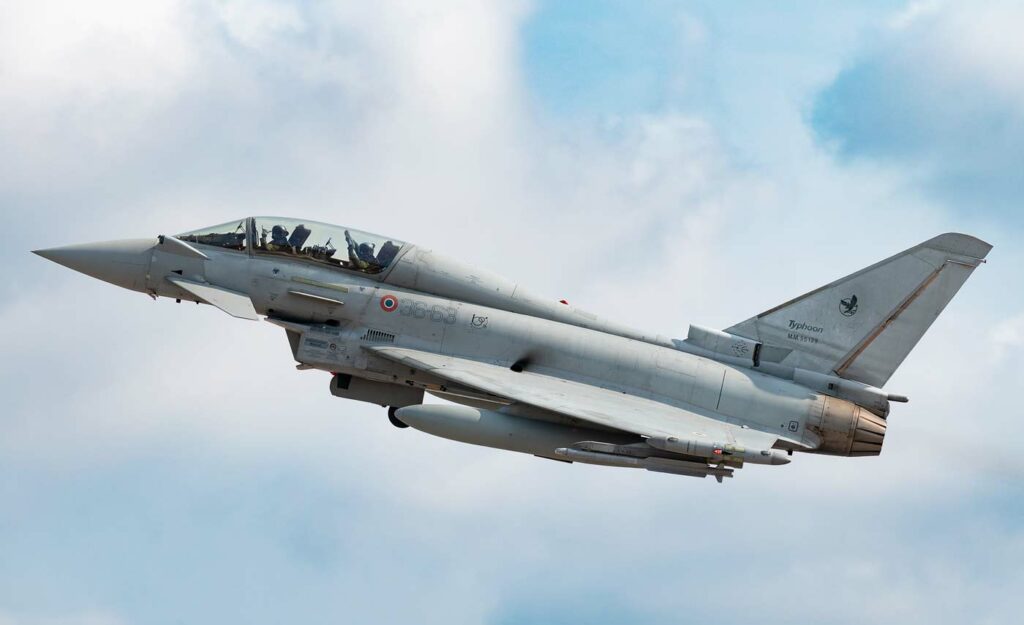
Italy recently used its Golden Power legislation to block the purchase of Microtecnica, a manufacturer of components for the Eurofighter jet, by the French company Safran. This act underlines the importance of national security and industrial alliances in the defense sector, especially in a context of global political tensions and growing economic rivalry.
Background to the blockade
Safran’s bid and Italian concerns: French company Safran attempted to acquire Microtecnica, currently owned by Collins Aerospace, a subsidiary of Raytheon Technologies, for $1.8 billion. The Italian government has expressed concerns about the security of supply of essential components for its armed forces in the event of a sale to Safran.
Use of Golden Power legislation: Introduced in 2012, this law enables Italy to block foreign acquisitions of strategic companies. Usually used against Chinese takeovers, it was invoked to stop the sale of Microtecnica to Safran.
National and industrial security implications
Eurofighter component supply concerns: Italy’s and Germany’s concerns about continuity of supply for the Eurofighter reflect security issues linked to supply chains in the defense sector.
European interdependence and cooperation: This situation highlights the importance of interdependence and cooperation within the European Union, especially in the context of defense and security.

Economic and political consequences
Repercussions on Franco-Italian relations: The Italian veto could have implications for trade and diplomatic relations between France and Italy.
Influence on European industrial strategy: The event highlights the desire of certain European countries to create industrial alliances to compete with major powers such as the USA and China.
Future prospects
Development of European industrial alliances: Italy’s initiative to create European industrial hubs in the defense sector, as mentioned by Leonardo CEO Roberto Cingolani, could shape the future of industrial cooperation in Europe.
Partnership diversification issues: The sale of a stake in Leonardo DRS, Leonardo’s US subsidiary, is indicative of a strategy to diversify partnerships and investments.
Italy’s decision to block the sale of Microtecnica to Safran reveals the complexities and sensitivities of the defense sector. This event highlights the need for European countries to preserve their strategic autonomy while strengthening their alliances. The focus on European industrial alliances could play a key role in shaping a more integrated and globally competitive defense landscape.
This stalemate could have several long-term implications. On the one hand, it could encourage European countries to reassess their national security and foreign investment control policies. On the other hand, it could also prompt closer cooperation within the European Union to develop an autonomous and competitive defense industrial base. Furthermore, this situation could influence future trade and diplomatic negotiations between European countries, particularly between France and Italy, and shape the dynamics of strategic alliances in the defense industry. The need to balance national interests with collective security imperatives is more relevant than ever in this complex geopolitical context.
War Wings Daily is an independant magazine.